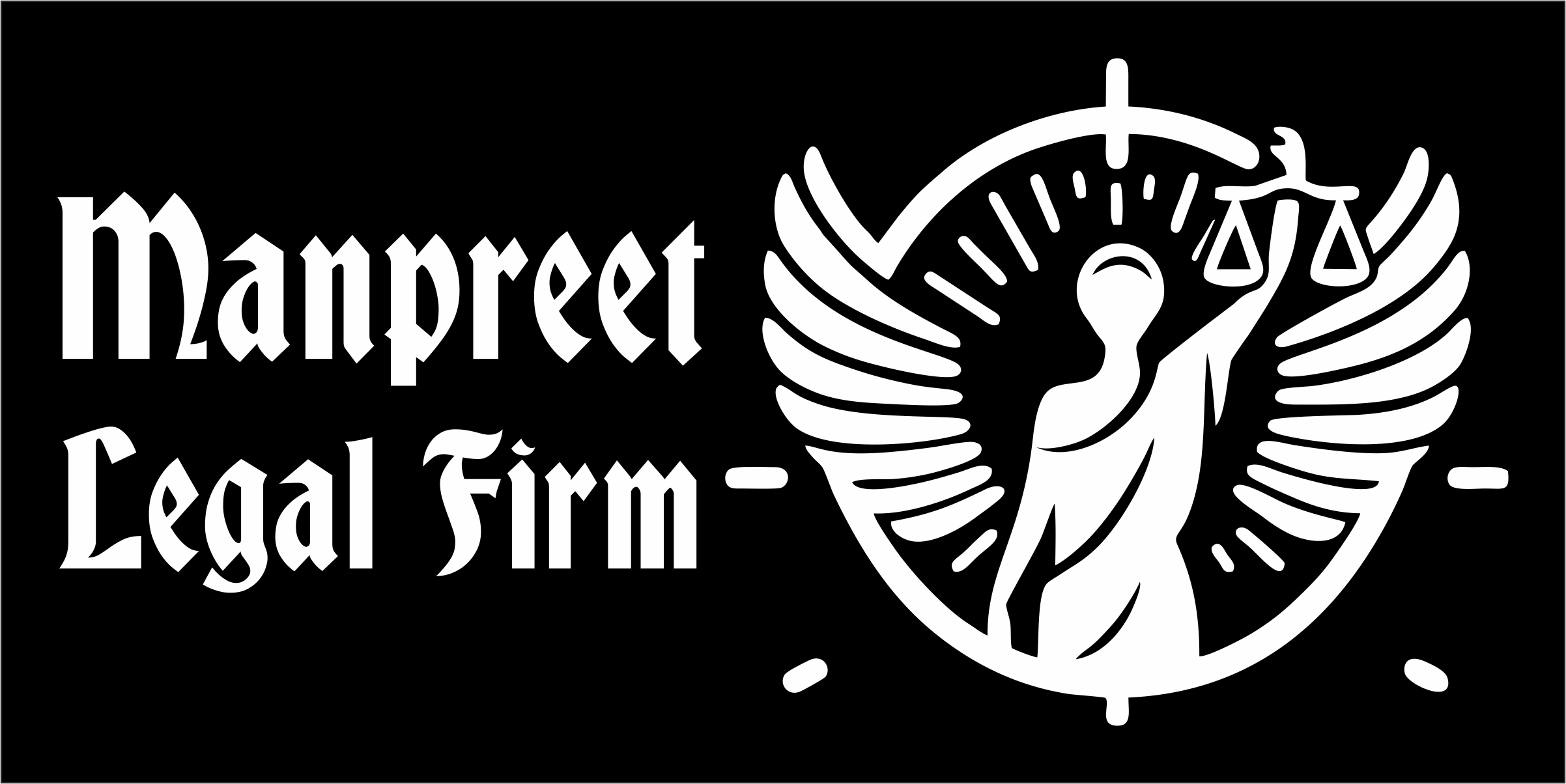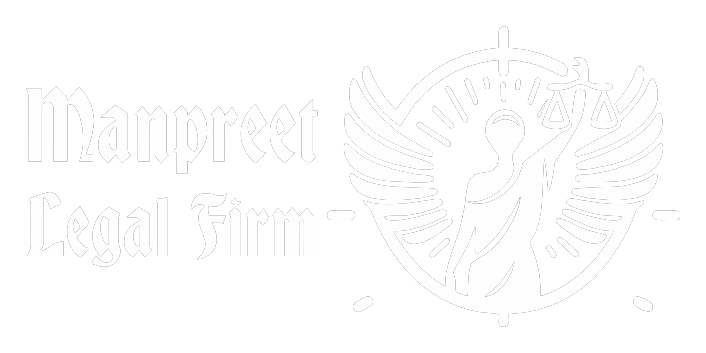- Call Us: +91-9717555175
- Email Us: contact@manpreetlegalhelp.com
FAMILY AND DIVORCE
What Do We Do?
We understand that dealing with family/matrimonial legal issues can be a bit complicated and emotionally difficult. Our experienced team of Matrimonial Lawyers is committed to offering compassionate and thorough legal assistance to our clients who face numerous family legal issues. We have expertise in matrimonial laws and we aim to obtain favorable results for our clients, while minimising the stress and anxiety that is often associated with such cases.
Our Services Includes:
Services Include:
Watch Video
We provide expert advice for representation and guidance in separation and divorce proceedings as well as helping clients to resolve problems like division of assets children’s visits and custody rights, spouse care and much other issues. Our team is dedicated to safeguarding the rights of our clients and trying to find a compromise whenever possible.
Manpreet And Associates: Christian Divorce Act 1869
In general, Christians in India are governed by the Indian Divorce Act, 1869. This law allows Christians to file for divorce on the grounds of adultery, cruelty,
Christians in India are governed by the Indian Divorce Act, 1869. This law allows Christians to file for divorce on the grounds of adultery, cruelty, desertion, and religious conversion. If you’re filing a divorce under Christian law in India, you’ll need to provide evidence to support your case.
We provide expert advice for representation and guidance in separation and divorce proceedings as well as helping clients to resolve problems like division of assets children’s visits and custody rights, spouse care and much other issues. Our team is dedicated to safeguarding the rights of our clients and trying to find a compromise whenever possible.
In divorce/separation, which parent gets the custody of the child? If the child is below 5 years, the custody will naturally go to the mother (Hindu Minority and Guardianship Act). Only if the court feels that the mother is unfit to take care of the child, the custody will go to the father or another person.
Custody under Hindu Laws:
According to the Hindu Minority and Guardianship Act, 1956, the custody of all children below the age of five (5)is awarded to the mother and in case of a boy or unmarried girl above the age of five, the father gets the custody..
Void marriage is void since its inception and when the marriage is regarded as void it is considered that it has never having taken place and if the conditions specified in clauses (i), (iv) and (v) of Section 5 of the Hindu Marriage Act, 1955 is contravened then it attracts Section 11 of the Hindu Marriage Act, 1955 .
A marriage can be declared null and void if certain legal requirements were not met at the time of the marriage. If these legal requirements were not met then the marriage is considered to have never existed in the eyes of the law. This process is called annulment.
We know that cases which involve children require a special focus. Our experienced attorneys offer an empathetic and compassionate approach to the child custody matters and work to ensure the wellbeing and best interests of the children affected. We help in the process of setting up custody arrangements, negotiation of the parenting plan, as well as securing equitable children’s support order.
An Act to provide for more effective protection of the rights of women guaranteed under the Constitution who are victims of violence of any kind occurring within the family and formatters connected therewith or incidental there to.
Grounds for domestic violence for women
Causing hurt, injury or danger to life, limb, health, safety or well-being, whether mental or physical. Causing harm, injury, or danger to the woman with an intention to coerce her or any other person related to her to meet any demand for dowry. any person in whom the woman is interested.
Persons entitled to claim maintenance: According to Section 125(1) of the Code, the following persons are entitled to claim maintenance under certain circumstances:
Wife:
As per Section 125(l) (a) of the Code, if any person having sufficient means neglects or refuses to maintain his wife, unable to maintain herself, a Magistrate of the first class may, upon proof of such neglect or refusal, order such person to make a monthly allowance for the maintenance of his wife at such monthly rate, as such Magistrate thinks fit, and to pay the same to such person as the Magistrate may from time to time direct.
Here ‘wife’ includes a woman who has been divorced by, or has obtained a divorce from, her husband and has not remarried.
The wife may be of any age-minor or major. ‘Wife’ for the purposes of Section 125 means a legally married woman. The legality of the marriage would be governed by the personal laws applicable to the parties. If the fact of legally valid marriage is disputed, the applicant will have to prove marriage. A marriage solemnized by exchange of garlands was held invalid.
Under Section 125(l)(a) of the Code, maintenance allowance cannot be granted to every wife who is neglected by husband or whose husband refuses to maintain her, but can only be granted to a wife who is unable to maintain herself but not a wife who is maintaining herself with some difficulty.
Contested Divorce
Manpreet And Associates: In the contested divorce case, the husband and wife don’t agree even on the problems on which the divorce is filed, which makes the proceeding a contested one. In this case , the divorce petition is filed by one partner in the competent court. Usually there is a disagreement on problems such as child custody, distribution of marital assets. The spouses don\’t have to be legally separated before filing for contested divorce.
GROUNDS OF CONTESTED DIVORCE
Under Section 13 of the Hindu Marriage Act, 1955, a divorce can be contested on the grounds of adultery, cruelty, desertion, religious conversion, leprosy, communicable diseases, renunciation, mental instability, or presumption of death. desertion, and religious conversion
This type of divorce is filed when both parties agree to end the marriage and come to a mutual agreement on issues such as property division, child custody, and financial support. In this type of divorce, both parties file a joint petition and attend court together to get their divorce granted.
The Hindu Marriage Act, 1955 enshrines the right to divorce by way of mutual consent under Section 13B. The spouses can jointly file a petition seeking divorce under Section 13B before the family court, which possesses the jurisdiction to pass such a decree of divorce under Section 13B.
Alimony refers to court-ordered payments awarded to a spouse or former spouse within a separation or divorce agreement. The reason for alimony is to provide financial support to the spouse who makes a lower income, or in some cases, no income at all.
Marriage counseling is a type of joint counseling in which a couple seeks help, typically due to relationship issues. It differs from other types of therapy because there are two married individuals involved in each session
Stay Always In Touch
Subscribe Our Newsletter to get Weekly News and Updates about legal services and Govt Rules.

